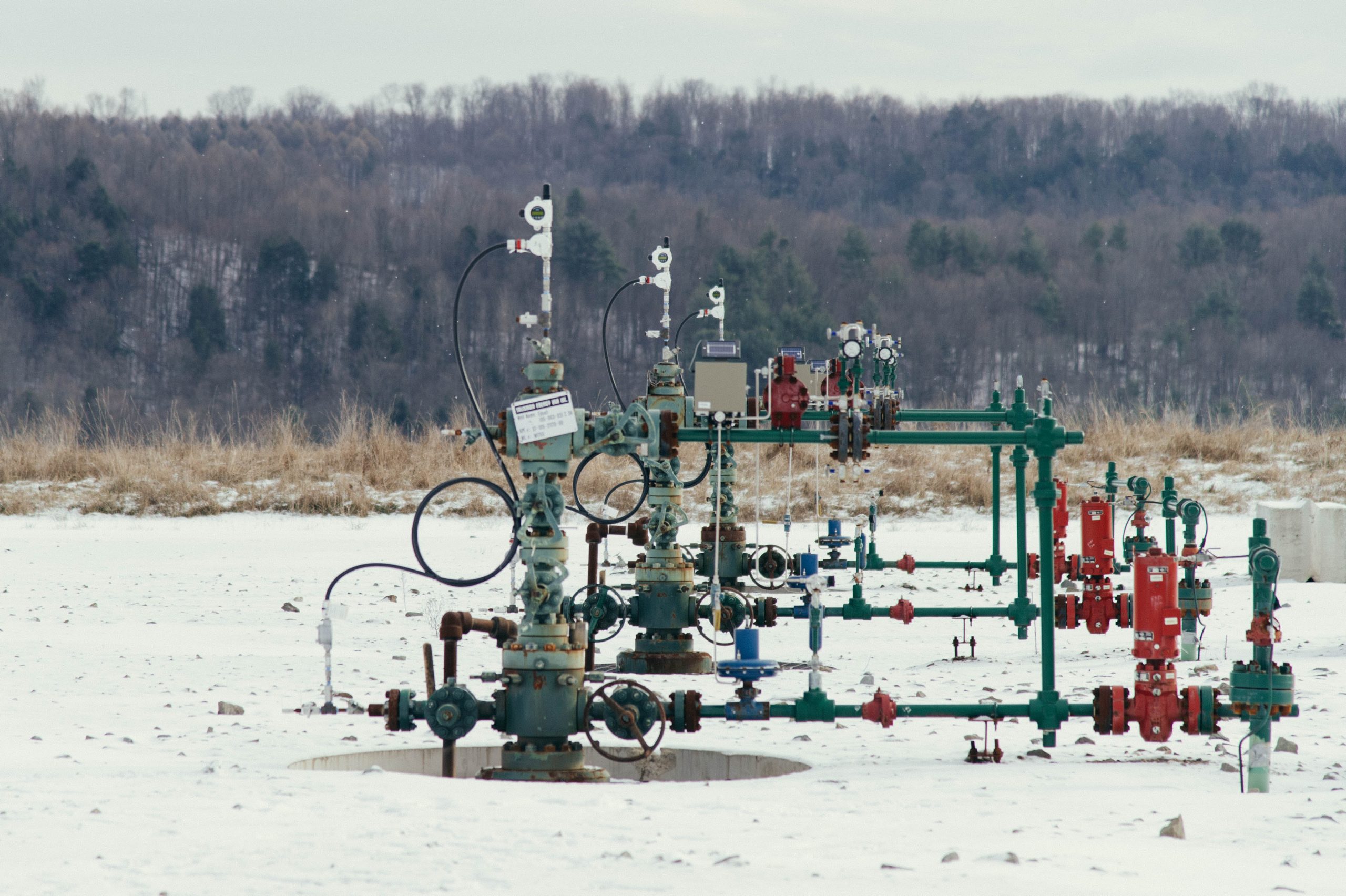Russian President Vladimir Putin pressing dozens of countries use the local currency for natural gas purchases. The move has lead to European gas prices to soar on concerns that this would exacerbate the region’s energy crunch.
Earlier European countries and the United States have imposed series of sanctions against Russia on invasion in Ukraine. However, Europe relies heavily on Russian gas for heating and power generator.
On Wednesday, Putin has sent out a clear message, gas from Russia has to be traded in Ruble.
Putin has directed his government and central bank one week timeline to come up with a solution on moving operations in the Russian currency and Gazprom (Russian gas giant) was ordered to make the corresponding changes to contracts.
The Ruble immediately saw biggest one-day gain on the move. Some European wholesale gas prices went up by 30% higher on Thursday. British and Dutch wholesale gas has also soared.
Europe buys roughly 40% of its gas from Russia.
Putin on Thursday said, “Russia will continue, of course, to supply natural gas in accordance with volumes and prices … fixed in previously concluded contracts,”.
“The changes will only affect the currency of payment, which will be changed to Russian roubles,” he added.
Senior Polish government source said, “this would constitute a breach to payment rules included in the current contracts,”.
Putin’s demand is further complicated as major banks are reluctant to trade Russian assets.
Spokesperson Dutch gas supplier Enco which buys 15% gas from Russia said, “I can’t imagine we will agree to change the terms of that.”
As reported by Reuters, Leon Izbicki, associate at consultancy Energy Aspects said, “It is unclear how easy it would be for European clients to switch their payments to roubles given the scale of these purchases,”. However, he added in the case that Russia’s central bank could provide additional liquidity to foreign exchange markets that would enable European clients and banks to source needed roubles.
Russia has also made a list of “unfriendly” countries corresponding to those that have imposed sanctions. Any deals with companies and individuals from those countries needs to be approve by the government commission.
The countries include the United States, European Union member states, Britain, Japan, Canada, Norway, Singapore, South Korea, Switzerland and Ukraine. Some, including the United States and Norway, do not purchase Russian gas.





